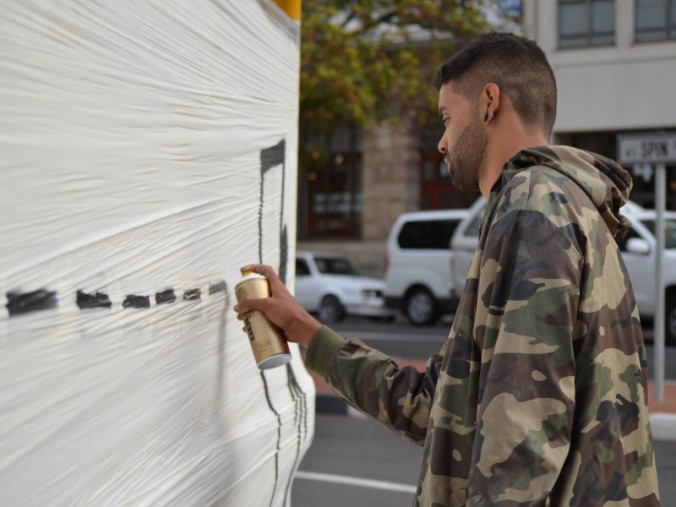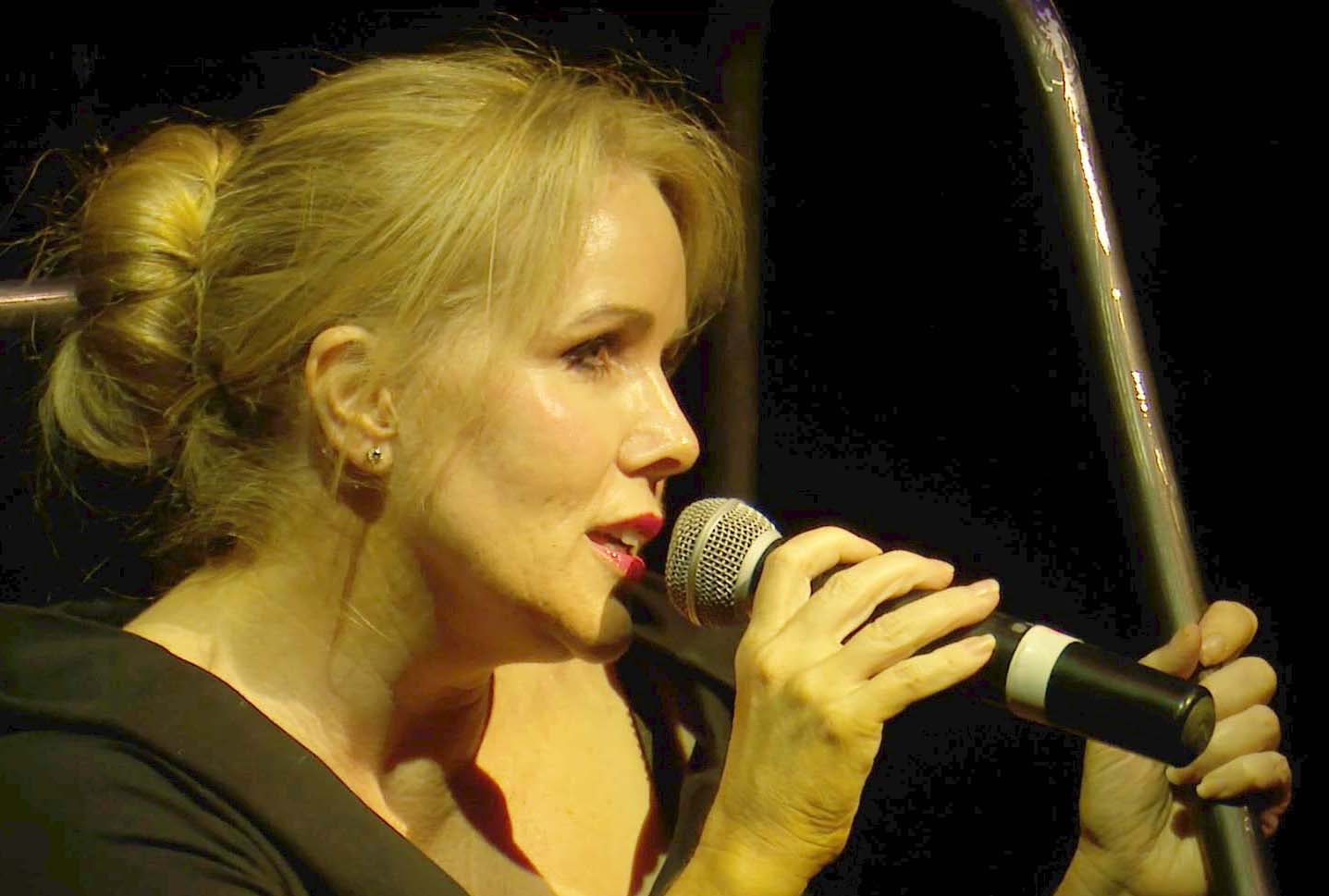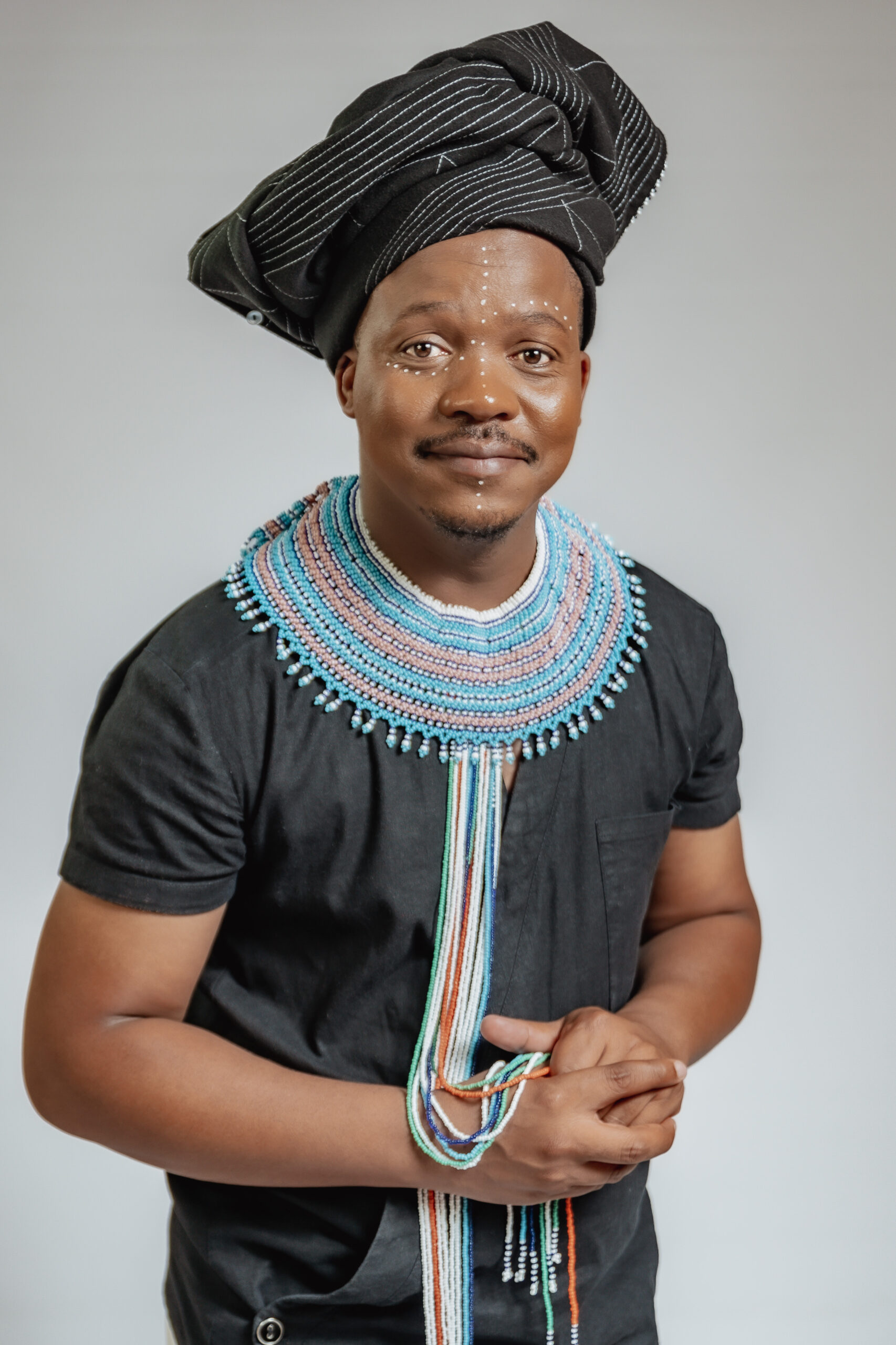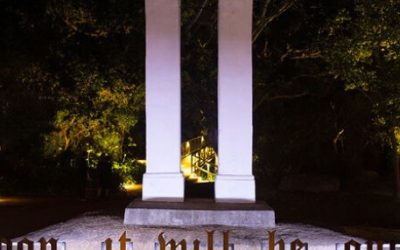In her November 2015 Cape Times column, Cape Town Partnership CEO Bulelwa Makalima-Ngewana explains that social cohesion is not possible when people are alienated from the CBD.
On Wednesday, 21 October, I was sitting in a restaurant a few blocks away from our Bree Street offices. Despite the slight wind, it was one of the truly spectacular days of the year, balmy, bright and beautiful that heralded the arrival of spring after a long winter. Just as I was musing on the perfect weather and the opportunity to be away from my desk, my peace was shattered by piercing sirens and the whirr of helicopter blades as they hovered overhead Cape Town’s CBD.
Like most people in South Africa, I’d been following the protests against a hike in tuition fees that began at Wits University earlier in October. By the time the protests spread to the University of Cape Town, I watched cautiously to see what the outcome would be. I have to confess, that compared to the activism of previous generations of young people in South Africa, I’d been worried about what I presumed to be a sense of apathy amongst today’s youth.
So it was very refreshing to see how students across campuses in South Africa were taking up the call for more affordable education, as well as the call at certain institutions to end outsourcing of employment. I’m not sufficiently versed to comment on whether the form that #FeesMustFall has assumed is the right one, but it is refreshing to see people taking active steps to improve their own futures and that of our country.
Metropolitan-wide equality as it pertains to quality spaces and places underpinned by an effective strong placemaking strategy, is essential for all South African cities.
It is for this reason that for many of our events such as Open City and City Walk Saturdays, the Cape Town Partnership calls upon citizens to create their own activities under the umbrella of our larger events. With a CTP-managed permit based on a strategic collaboration with the City of Cape Town, infrastructural support and promotional platforms to publicise events, the Partnership helps bring the crowd to crowdsourced events.
This forms part of our people-first strategy, which essentially means that people are at the heart of everything we do. With a focus on participation and people-based placemaking, we aim to connect people and places. The Partnership has long been agitating for a 24-hour city, one that is lively throughout the day and year-round. This strategy relies on the basics such as security and cleansing being in place. Yet Cape Town’s CBD remains distant from this goal. Despite islands of activity such as the ever-bustling Long Street, after hours and during weekends, the CBD is relatively empty compared to during the working week. Part of the reason for this is the low densification numbers in the CBD – approximately 6 000 residents at last count.
For this reason, the Partnership continues to lobby for a mixed-tenure, mixed-use housing model for Cape Town.
Until a more economically, socially and culturally diverse residential base is achieved in the greater inner city area, we will continue to encourage all citizens who currently live beyond this area, to take ownership of public spaces for themselves and for the enjoyment of others. This is what we mean when we talk about citizen-led initiatives.
According to the handbook, Placemaking and the Future of Cities, produced by the Project for Public Spaces in conjunction with the UN-HABITAT Sustainable Urban Development Network (SUD-Net), public spaces are an important component of successful cities. “They help build a sense of community, civic identity and culture.” Fundamental to the publication is an understanding that the individual’s “Right to the City” is a human right, as set out by philosopher and socialist Henri Lefebvre in the late 1960s. The partnership between the Project for Public Spaces and SUD-Net aims to promote “the development of cities where people of all income groups, social classes, and ages can live safely, happily, and in economic security.”
Metropolitan-wide equality is greatly enhanced when communities have access to and are indeed collaborators and co-creators of vibrant and dignified places and spaces. Social cohesion is not possible when people are hostages in their own homes or backyards due to a lack of public space, or because they feel alienated from existing public spaces within their communities or in places such as the CBD. Public space should form the heart of every community. I call upon Capetonians to take ownership of public space wherever they can. Become involved as together we craft the city in which we want to live and feel at home!
I have long been making the above call with varying results. I am very happy to report that one citizen heeded the call by proposing a photographic exhibition for Open City, our activation on Church Square in support of First Thursdays. The citizen was Silas Lekgoathi, a photographer who’d documented the #FeesMustFall movement. On Thursday 5 November, we exhibited Silas’s work as well as the Cape Argus special edition of Friday 23 October, edited by students. Artist Kenan Petersen and friends added their own touch to Open City that night with a provocative work of art.
As a woman of a certain age and a mother, I am now feeling very optimistic about our youth as they take the future of our city, our country and their own destinies in their hands.







